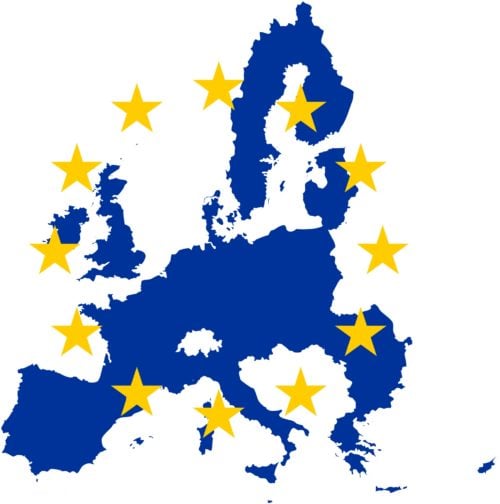
Weak restrictions in the EU, undetected abuses in the US
Update on the legislative process on food price speculation and commodity derivatives trading
Food speculation
In February 2017, the EU Parliament narrowly voted in favour of technical regulations that would not strictly limit food price speculation through derivatives trading in the EU. Speculative traders can potentially hold up to 35% of speculative positions in a food commodity derivative market, which could allow manipulation towards prices that are too high or too volatile. The EU decision-making process on these so-called “position limits” in the relevant EU law (MiFID II), which began in 2010, is now finalised, but has not achieved the restrictions that CSOs have for years been campaigning for, although they managed to make improvements. The national regulatory and supervisory authorities must now decide on how to technically implement the application of limits.
More information about the voting results can be found here(opens in new window) .
Corporate lobby
Those companies lobbying for weak limitations on speculative trading were predominantly oil companies. Energy companies profit from energy price speculation, and their increasingly speculative trading allows them to continue to engage in business with fossil fuels. However, such speculative derivatives trading (not hedging) places them under risk from climate change shocks that could cause instability in the financial markets, as explained here(opens in new window) . Another reason to lobby against stricter limits was that commodity derivatives exchanges feared that weak US laws could make them lose business in the EU.
More background on the MiFID II process can be found here(opens in new window) .
Undetected misconduct
The US legislation to limit commodity price speculation has also been under siege due to a slow and weak implementation. As a result of budget cuts (lobbied for by financial players) to limit the capacity of the supervisory authority, the Commodity Futures Trading Commission (CFTC), supervisors are not able to pursue two-thirds of potential cases of market abuse due to a lack of resources. According to a former enforcement officer(opens in new window) , massive misconduct in derivatives markets is going undetected.
More information can be found here(opens in new window) .
Do you need more information?
-

Myriam Vander Stichele
Senior Researcher
Related content
-
 ‘Light touch’ reform proposals for EU banksPosted in category:Long read
‘Light touch’ reform proposals for EU banksPosted in category:Long read Myriam Vander StichelePublished on:
Myriam Vander StichelePublished on: -
India introduces controversial legislation on food commodity derivativesPublished on:Posted in category:Opinion
-



